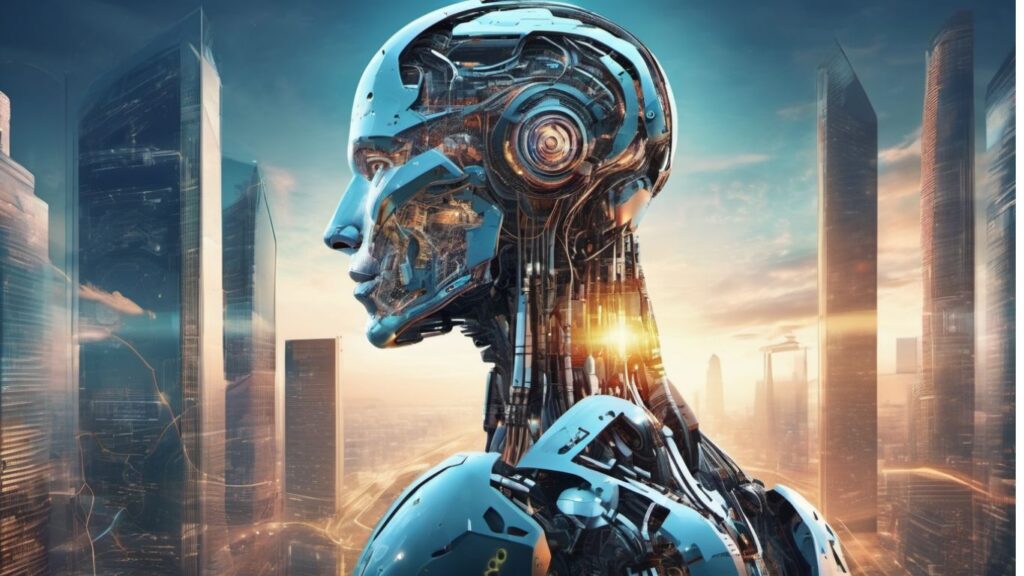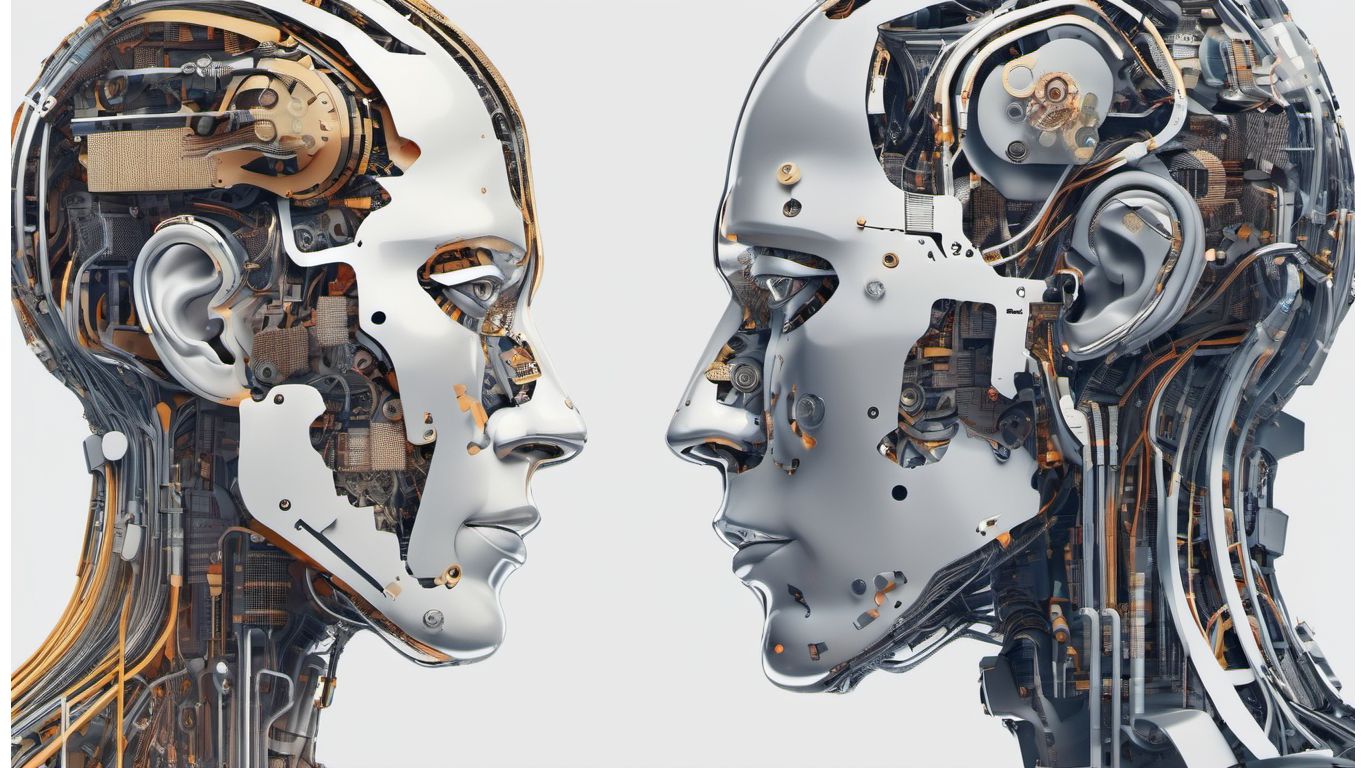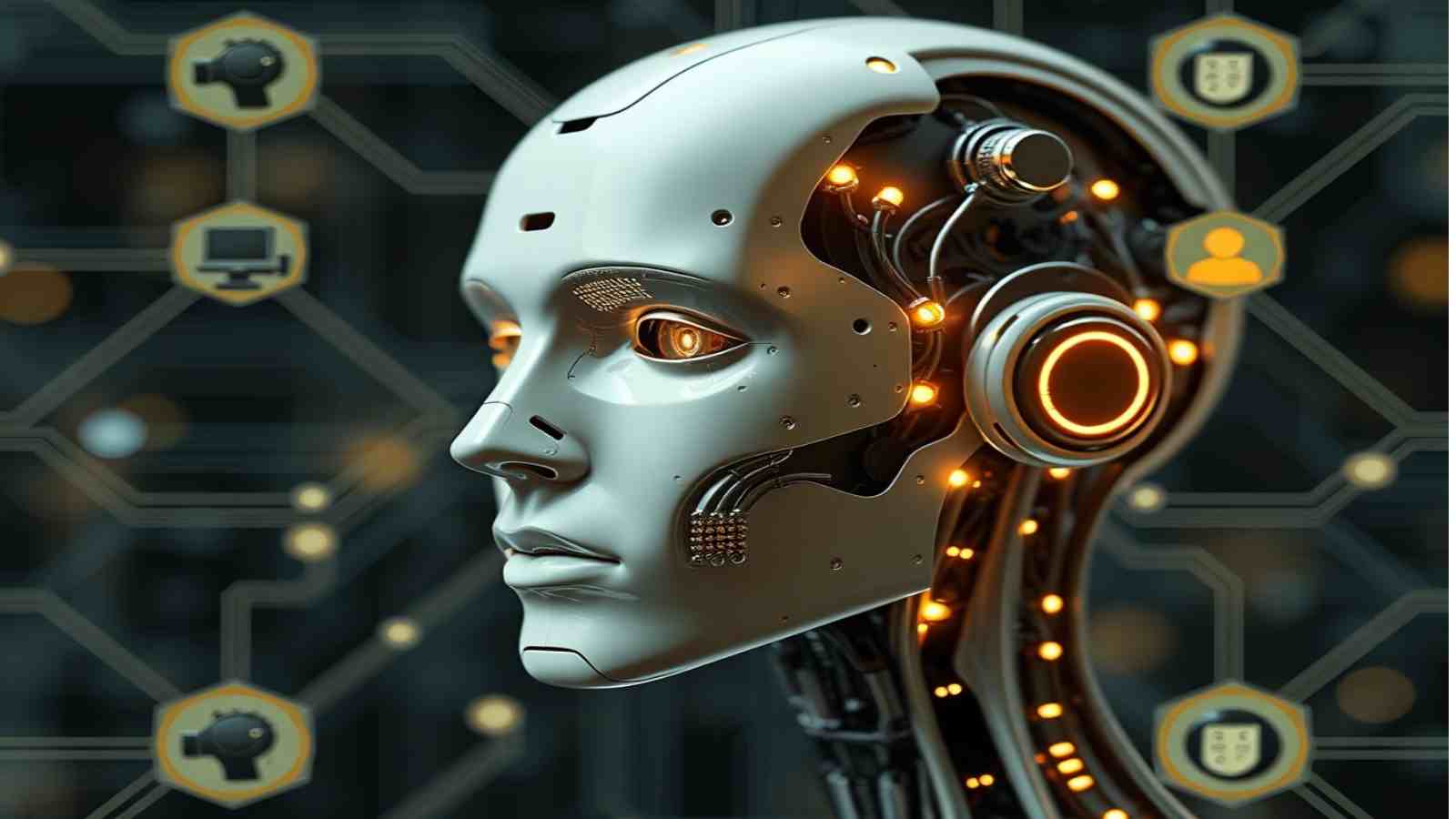Artificial Intelligence (AI) is not just a buzzword; it is transforming the world as we know it. From automating mundane tasks to revolutionizing entire industries, AI is proving to be a game-changer in numerous ways. This piece explores why AI is so significant, its impact on various sectors, and the ethical considerations it brings along.
The Rise of Artificial Intelligence
AI has existed for decades, but recent advancements in machine learning, data analytics, and computational power have accelerated its adoption. Today, AI is no longer confined to research labs; it is being integrated into everyday tools and applications, affecting consumers and businesses alike.
Efficiency Streamlining Processes and Increasing Productivity
AI excels at automating repetitive tasks, significantly improving efficiency and reducing human error. For example:

- In healthcare, AI algorithms can analyze medical images faster and more accurately than human radiologists, enabling quicker diagnoses.
- In manufacturing, predictive maintenance powered by AI helps companies forecast equipment failures, thereby reducing downtime and maintaining smooth operations.
Innovation Driving New Technological Advancements
AI is at the forefront of technological innovation, bringing about groundbreaking solutions that were previously unimaginable. Some examples include:
- Healthcare: IBM Watson Health uses AI to analyze complex medical data, leading to accurate diagnoses and personalized treatment plans. In breast cancer cases, Watson for Oncology recommended treatments aligned with doctors 99% of the time while also suggesting additional options in 30% of cases.
- Finance: JPMorgan Chase’s COIN software uses machine learning to interpret commercial loan agreements, saving 360,000 hours of workforce annually.
- Retail: Amazon’s AI-powered recommendation systems have increased sales by 29%.
Personalization Customizing User Experiences and Services
AI enables unprecedented levels of personalization, enhancing user experiences across various sectors:
- Retail: Personalized recommendations driven by AI algorithms help retailers like Amazon boost sales and customer satisfaction.
- Education: AI-based tutoring systems, such as Carnegie Learning’s Mika, offer personalized learning paths, significantly improving student performance.
- Entertainment: Netflix’s AI recommendation system tailors content suggestions to individual preferences, keeping users engaged and satisfied.
Decision-Making Enhancing Data Analysis and Predictions
AI’s capability to analyze vast amounts of data and generate actionable insights is transforming decision-making processes:
- Finance: Automated fraud detection systems use AI to identify potential risks and prevent financial crimes.
- Supply Chain Management: AI predicts demand trends, optimizes inventory, and reduces waste.
- Transportation: Waymo’s autonomous driving technology utilizes AI for route optimization and traffic prediction, making transportation safer and more efficient.
Safety Improving Security and Risk Management

AI improves safety across multiple domains by identifying risks and managing them proactively:
- Healthcare: Predictive analytics in AI can foresee potential health crises, enabling early intervention.
- Manufacturing: Predictive maintenance reduces the risk of equipment failures, ensuring safer working environments.
- Transportation: AI in autonomous vehicles aims to reduce accidents caused by human error.
The Global Economic Impact of AI
AI is not just enhancing individual sectors; it is also contributing to global economic growth. Increased productivity, improved efficiency, and innovative solutions driven by AI are expected to add trillions of dollars to the global economy in the coming years.
Ethical Considerations Privacy, Bias, and Accountability
While AI offers numerous benefits, it also brings ethical challenges that need addressing:
- Privacy: AI systems often require large amounts of data, raising concerns about data privacy and security.
- Bias: AI algorithms can inherit biases from their training data, leading to unfair or discriminatory outcomes.
- Accountability: Determining responsibility for decisions made by AI systems remains a complex issue that needs careful regulation.
Conclusion The Significance of Artificial Intelligence in Modern Society
Artificial intelligence is reshaping our world, offering efficiencies, driving innovation, and creating personalized experiences. However, it is crucial to address the ethical considerations it raises. Businesses and tech enthusiasts must understand AI’s significance to harness its full potential responsibly.
Ready to integrate AI into your operations? Sign up for Jasper for free and explore how AI can revolutionize your business today.











